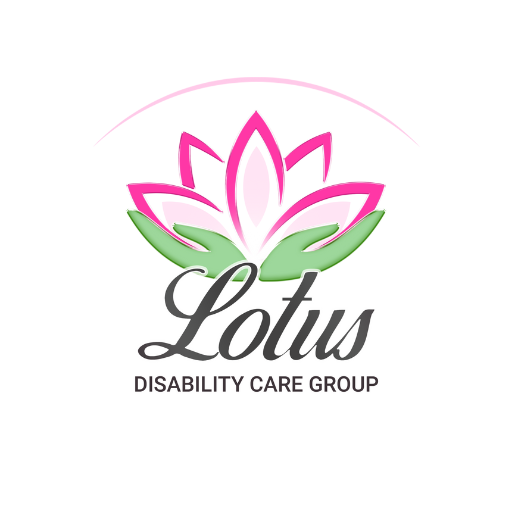Alzheimer’s disease is the most common form of dementia, affecting thinking, memory, and behaviour. While it typically develops in people over 65, about 1 in 10 cases occur in younger adults.
What Is Alzheimer’s Disease?
The brain is our body’s command centre — controlling thought, emotions, memory, and movement. It functions through billions of neurons (brain cells) that send signals using chemical messengers called neurotransmitters.
In Alzheimer’s disease, damage to these neurons and chemicals interrupts normal communication in the brain, leading to gradual decline in memory and cognitive function.
What Happens in the Brain?
Two main changes occur in Alzheimer’s disease:
- Amyloid plaques: Protein deposits build up around brain cells, blocking communication between neurons.
- Neurofibrillary tangles: Abnormal proteins collect inside brain cells, cutting off energy and nutrition, causing the cells to die.
As more neurons die, the cortex (the brain’s outer layer) shrinks — affecting memory, language, and judgement.
Common Symptoms
Symptoms can vary, but the most common early sign is memory loss. People may forget recent events or repeat questions often.
Other symptoms include:
- Difficulty planning or completing familiar tasks
- Confusion with time and place
- Problems with vision or balance
- Trouble speaking or writing
- Misplacing items frequently
- Poor judgement or decision-making
- Withdrawal from social activities
- Mood or personality changes
The Stages
- Early (Mild): Subtle memory lapses; most people still live independently.
- Middle (Moderate): Memory and thinking problems worsen; support becomes necessary.
- Late (Severe): Individuals require continuous care for daily activities.
Diagnosis and Testing
A diagnosis of Alzheimer’s disease may involve:
- Reviewing medical and family history
- Cognitive testing
- Physical and neurological exams
- Blood and urine tests
- MRI or brain scans
Early diagnosis is vital for planning care and accessing support services.
Treatment Options
There is currently no cure for Alzheimer’s disease, but some medications can help temporarily manage symptoms by improving neurotransmitter function. Research continues to explore new treatments and therapies.
Why Early Diagnosis Matters
Getting diagnosed early allows:
- Better access to treatments that improve quality of life
- Time to plan financial and legal matters
- Participation in clinical research
- Connection to community and NDIS support services
Getting Help and Support
If you have concerns about memory or behaviour changes, speak with your GP. They can refer you to specialists such as a Neurologist or Geriatrician for assessment.
Families and carers can also access education and practical support through Alzheimer’s Australia and local disability services.
Supporting Gold Coast Families Living with Alzheimer’s
At Lotus Disability Care Group, we support individuals and families affected by early-onset dementia and Alzheimer’s disease.
Our services include:
- NDIS access support
- Support coordination for managing services and funding
- Qualified support workers for daily assistance
- Domestic help such as cleaning and yard care
- Social programs to encourage engagement and wellbeing
Contact us today – Together, we can help you and your loved ones live with dignity, comfort, and connection.













